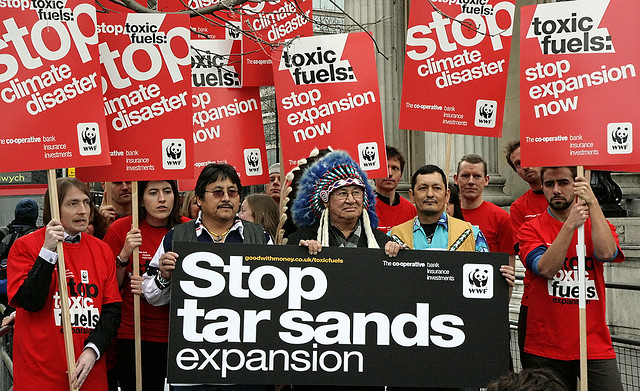This article is more than 11 years old
Last month’s PRISM revelations are a disconcerting reminder that even here in Canada, paranoid fantasies about mass government surveillance are more than a work of fiction.
In Canada, government data mining is administered by the Communications Security Establishment Canada (CSEC)—
a top-secret federal agency that reports directly to the Minister of Defence, employs over 2,000 people, and operates with an annual taxpayer-funded budget of nearly half-a-billion dollars.
Armed with enough raw computing power to process boundless amounts of information,
this “NSA-North” is free to intercept and cultivate all metadata—essentially a record of who we know, and how well—coming through the country in order to map out our social networks, patterns of mobility, professional relationships, and even our personal interests.
online pharmacy
sildalis no prescription
As
a new report on documents released under the Freedom of Information Act highlights, under the mandate of the Harper Administration, law enforcement and intelligence agencies are increasingly blurring the line between genuine fundamentalists and average citizens—people whose “terrorist activities” include organising petitions, attending protests, and generally expressing dissension.
Moreover, the report emphasises the fact that agencies such as CSEC and CSIS now view activist activities such as blocking access to roads and buildings as “forms of assault,” while media stunts like the unfurling of banners, non-violent sit-ins, and peaceful marches are now deemed “threats” or “attacks.”
Aboriginal rights advocates, unions, anti-capital factions, countercultural institutions, alternative media outlets, and with increasing fervour, environmental organisations—they all get lumped together under the category of “terrorists” in order justify the widespread monitoring, detaining, and at times imprisoning of Canadian citizens expressing dissent.
The new face of "terrorism" according to the Harper Administration. Image Credit: hidden side/Flickr
“Security and police agencies have been increasingly conflating terrorism and extremism with peaceful citizens exercising their democratic rights to organise petitions, protest and question government policies,”
said Dr. Jeffery Monaghan of the Surveillance Studies Centre at Queen's University. “Canada is at very low risk from foreign terrorists but like the U.S. it has built a large security apparatus following 9/11. The resources and costs are wildly out of proportion to the risk.”
Greenpeace International co-founder and
BC Environmental Network chair Rod Marining—one of the thousands of Canadians considered to be a “national security risk”—believes this shift in focus from foreign to domestic threats is directly correlated to the federal government’s re-positioning of the exploration and exploitation of Canada's natural resources as in our national interest.
According to Will Potter—renowned journalist and the author of the award-winning book,
Green is the New Red: An Insider’s Account of a Social Movement Under Siege—environmentalists are being framed as “eco-terrorists” by Canadian intelligence agencies due to the fact that the Harper Administration has billions of dollars in oil revenues riding on the completion of both the Keystone XL and Enbridge Northern Gateway pipelines.
“[Domestic issue-based] extremism,”
maintains Canada’s Counter-terrorism Strategy, “tends to be based on grievances—real or perceived—revolving around the promotion of various causes such as animal rights, white supremacy, environmentalism and anti-capitalism.”
In short, Canada’s official counter-terrorism strategy discusses environmentalists who peacefully protest pipeline projects alongside the
2011 Norway Massacre and the
1995 Oklahoma City Bombing as comparable examples of “domestic issue-based extremism.”
What’s more,
an alarming new report has discovered that secret-level briefings have been taking place between CSIS and various energy conglomerates since 2005—raising concerns that in some instances, federal agencies such as CSEC have been selling out Canadian citizens by secretly feeding the private information of environmentalist and First Nations protesters directly to the multinationals they’re protesting.
Pervasive surveillance, unregulated data mining, sinister information sharing, and rhetorical terrorist branding—these have all become integral parts of a federal mechanism working to obfuscate the difference between legal protest and illicit terror in order to minimise dissent by re-framing fundamental freedoms such as speech and assembly as acts of domestic terror.
In reality, the only threat citizen protest groups like environmentalists, anti-capitalists, and alternative media typically pose, is the threat to shift public opinion by changing people’s minds—apparently a criminal offence according to this administration. Which begs the disconcerting question, how can our government claim to protect us from terrorism if—in their eyes—we’re the ones who've become the terrorists?





